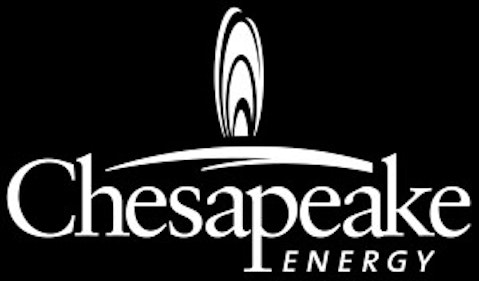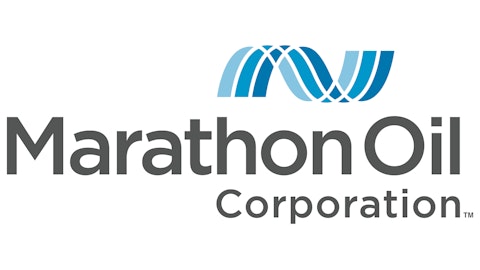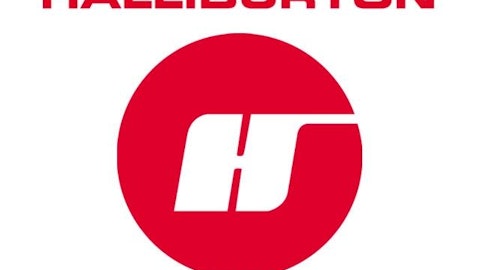
Top unconventional liquids-rich plays
Chesapeake Energy Corporation (NYSE:CHK) explores, produces, and markets natural gas, oil, and NGLs, contributing about 3.5% of the total U.S. production. Chesapeake Energy Corporation (NYSE:CHK) is more vertically integrated than most large producers, with leading position among the top unconventional liquids-rich plays, including Eagle Ford, Utica, Granite Wash, Cleveland, Tonkawa, Mississippi Lime, and Niobrara and in the Marcellus, Haynesville/Bossier, and Barnett natural gas shale plays.
The company is particularly vulnerable to fluctuations in the natural gas market with three quarters of its production volume coming from natural gas. Therefore, given the weak natural gas price scenario, Chesapeake Energy Corporation (NYSE:CHK) plans to move aggressively within its liquids-rich plays as part of a continuing strategy to diversify away from natural gas. Chesapeake Energy Corporation (NYSE:CHK) announced recently that it had reached an agreement to sell its non-core Eagle Ford and Haynesville assets to EXCO Resources for $1 billion.
The company faces other risks associated with its business model that relies on non-traditional sources of financing to work. Failure to locate buyers for future deals could force the company to issue equity or sell assets at below-market rates to help fund operations. In addition, its dependence on individual well performance, cost overruns on long-term projects, and regulatory changes could ultimately eat into profitability.
Last January, McClendon resigned as CEO after 24 years in the position. His replacement is a petroleum engineer by training, and his appointment has been received well. I would recommend to hold on to Chesapeake Energy Corporation (NYSE:CHK)’s stock, to see how things progress with new management and the oil and gas prices.
Wide-moat, long-haul pipelines
Williams Companies, Inc. (NYSE:WMB) is an integrated, large pipeline company that processes roughly 10% of U.S. gas production. The company’s core operations include finding, producing, gathering, processing, and transportation of natural gas. The company operates 15,000 miles of interstate gas pipelines and 1,000 miles of natural gas liquids (NGLs) pipelines.
Its model consists of a combination of a wide-moat, long-haul pipelines, a large midstream gathering and processing business, and investments in downstream petrochemical processing. While Williams Companies, Inc. (NYSE:WMB) has a clear exposure to natural gas prices, this allows the company to collect economic rent from each link of the midstream value chain and to retain a cash flow profile that is fairly insulated from commodity price fluctuations.
Other risks include tax or regulatory changes, changes in regulated pipeline tariffs, and pipeline spills, explosions, or ruptures.
During 2012, the prices of NGLs, specifically ethane and propane, dropped significantly as supply from shale drilling far exceeded demand. The scenario could change in or after 2015, when petrochemical demand for ethane is expected to increase as a result of multiple new ethylene crackers currently under construction.




